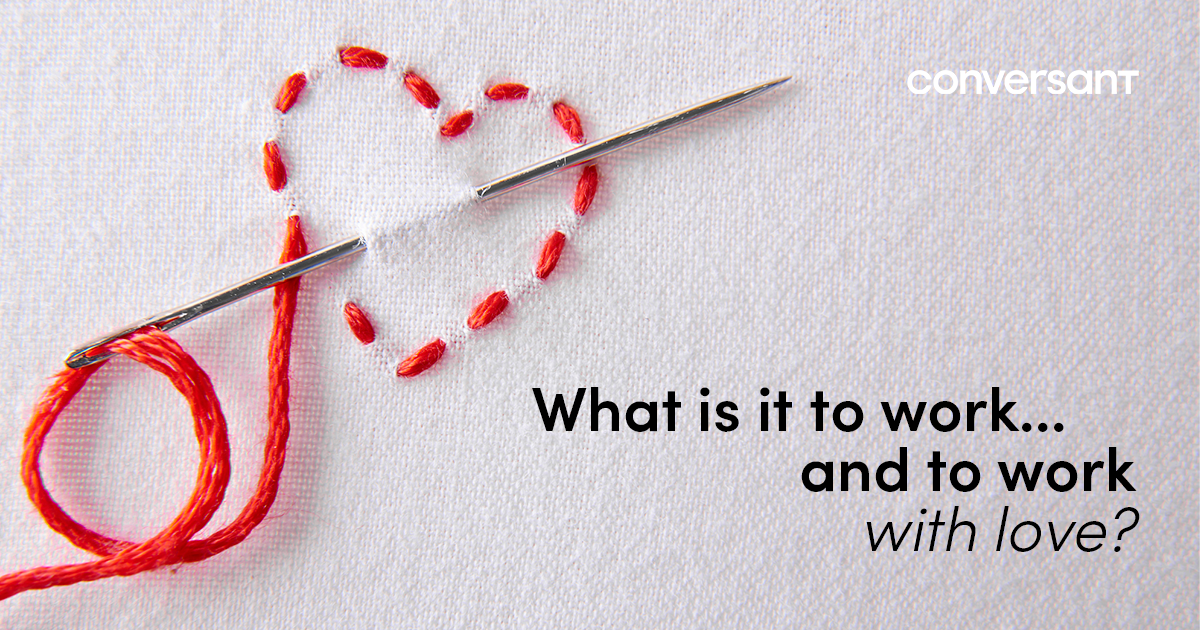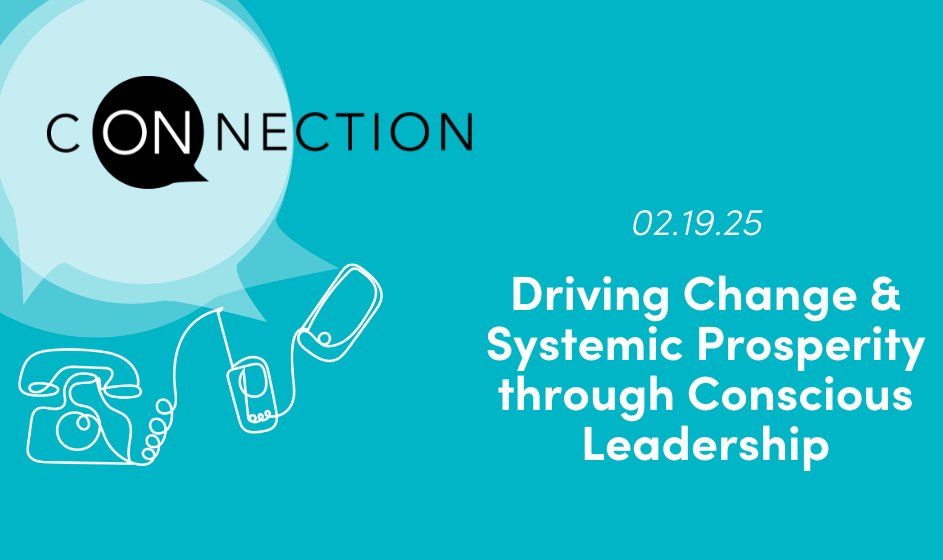In the last several years, our shared fundamental understanding of work has shifted significantly. The occurrence of a global pandemic forced immediate and enduring structural changes to how we work. The occurrence of a global wave of critical consciousness about identity, bias, oppression and justice inspired deeper ideological questions about why we work. I was recently reminded of a quote from Zora Neale Hurston that says, “There are years that ask questions and years that answer.” We are called upon to both inquire about challenges and to pursue solutions which not only give our work more individual and collective meaning but also knit us more closely together in the process.
The foremost question, for some, seems to be “How do I do my work now?” This arises because of contextual factors, structural changes and personal shifts which invite us to consider our relationship to our ‘work’, our labor and our employment, three related but not interchangeable things. Even as we enter these interrogations with ourselves, we enter into conversations with each other about the significance of work in society, the relationship between work and self, and the responsibility of organizations and institutions to value people as the lifeblood of any strategy or pursuit. Increasingly, companies see it as their moral obligation to ensure that they can create conditions in which all people can do work that edifies and advances their ability to thrive and find meaning.
More than ever, it is incumbent upon us to seek and create opportunities to do work which pulls on our abilities, allows us to live in a space of meaningful contribution and leaves the world in a better state than we’ve found it. We are called upon to not only work with purpose and with skill but to work with love, love for our craft, our contribution, and one another. I leave you with a quote from my favorite book by Kahlil Gibran, The Prophet.
And what is it to work with love?
It is to weave the cloth with threads drawn from your heart, even as if your beloved were to wear that cloth.
It is to build a house with affection, even as if your beloved were to dwell in that house.
It is to sow seeds with tenderness and reap the harvest with joy, even as if your beloved were to eat the fruit.
It is to charge all things you fashion with a breath of your own spirit,
And to know that all the blessed dead are standing about you and watching.




